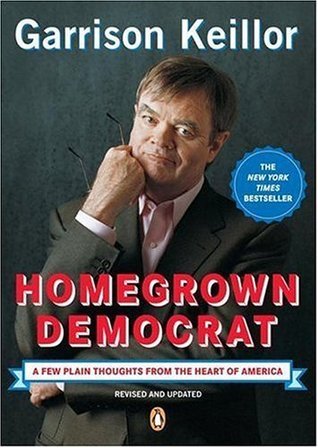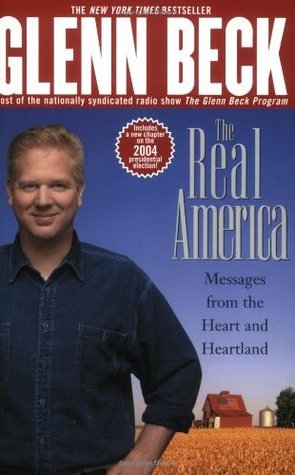
Homegrown Democrat: A Few Plain Thoughts from the Heart of America
Book Description
In a world where division reigns, one voice rises from the heart of America, weaving tales of community, resilience, and hope. Garrison Keillor paints a vivid portrait of everyday life, showcasing the beauty and complexities of small-town America while navigating the turbulent waters of political discourse. With humor and clarity, he challenges the narratives that polarize, urging a return to shared values and understanding. Each page invites readers to reflect on what it truly means to belong. Will the heart of America rediscover its unity before it’s too late?
Quick Book Summary
"Homegrown Democrat" by Garrison Keillor is a heartfelt collection of reflections, essays, and anecdotes that explore the author's deeply held political beliefs, rooted in his childhood and small-town Midwestern upbringing. Blending sharp humor with genuine nostalgia, Keillor examines what it means to be a Democrat and an American, focusing on values like community, compassion, and civic responsibility. He laments the nation's increasing polarization and urges a return to civility and empathy in political and daily life. Keillor's memoir weaves personal stories with reflections on religion, citizenship, and the quirks of American democracy, offering readers both a nuanced political commentary and a warm meditation on belonging, hope, and decency amidst division.
Summary of Key Ideas
Table of Contents
The Role of Community and Shared Values
Garrison Keillor frames much of "Homegrown Democrat" by recalling the small-town environment where he grew up—places where neighbors knew each other and where a spirit of cooperation and humility thrived. Using vivid anecdotes from his childhood and family life, Keillor extols the virtues of collective responsibility, mutual aid, and compassion for the less fortunate. He suggests that such deep-rooted values shaped not only his personal identity but also his political outlook, emphasizing that being a Democrat means caring about the welfare of others, cherishing public institutions, and working to preserve the social safety net.
Politics Through a Personal and Historical Lens
Delving into the evolution of political beliefs, Keillor connects the personal with the political by recounting his encounters with history, from his Lutheran upbringing to America’s turbulent civil rights era and the Vietnam War. He examines the Democratic party’s heritage as the champion of the working class and rural America—a tradition he feels is at risk of being forgotten. By weaving in humor and frankness, he critiques both sides of the political spectrum, expressing dismay at the partisanship and anger that increasingly dominate discourse, but keeps faith in the transformative potential of ordinary citizens and shared ideals.
The Importance of Civility and Empathy
With wit and poignancy, Keillor laments the loss of civility in modern politics and everyday interactions. He argues that democracy only functions when citizens exercise empathy, patience, and respect for those who disagree. Keillor advocates for thoughtful conversation over rigid ideology and stresses the importance of listening as well as speaking. Despite disagreements, he maintains optimism that Americans can learn to see their opponents as neighbors and find common ground in their aspirations for family, peace, and security.
Reflections on Faith and Public Life
Reflections on faith, shaped by Keillor’s background in the Lutheran church, permeate the book. He discusses the relationship between religion and public life, noting how faith traditions can teach compassion, humility, and the call to social responsibility. While wary of religious dogmatism, Keillor finds power in a quiet, personal faith that inspires service and kindness to others. He believes ethical living and moral courage should underpin both personal life and political engagement.
Nostalgia and the Fabric of American Identity
The memoir is suffused with nostalgia for a less cynical, more optimistic America—a time and place where people felt they belonged to something larger than themselves. By painting evocative pictures of small-town rituals, local politics, and familial bonds, Keillor invites readers to reflect on what unites the country at its core. He warns against the corrosive effects of cynicism and urges readers to nurture hope, decency, and a sense of duty to their fellow citizens, believing these are prerequisites for restoring America’s sense of unity and purpose.
Download This Summary
Get a free PDF of this summary instantly — no email required.





